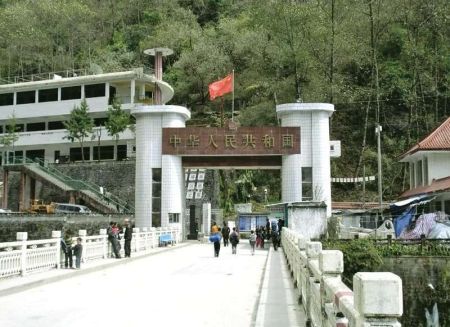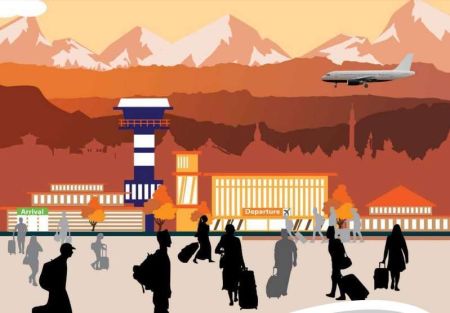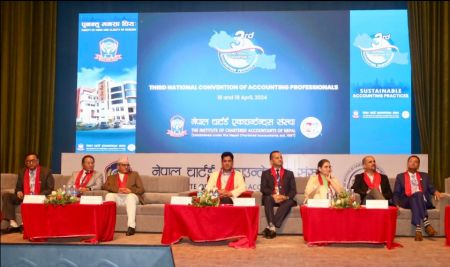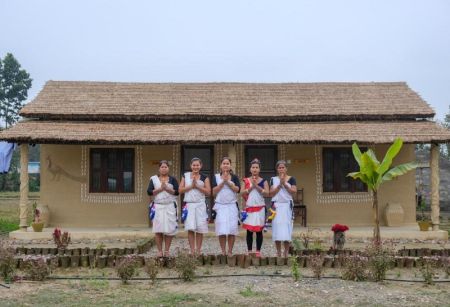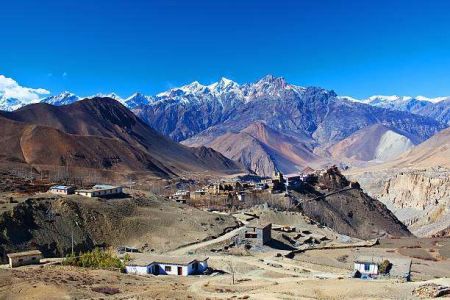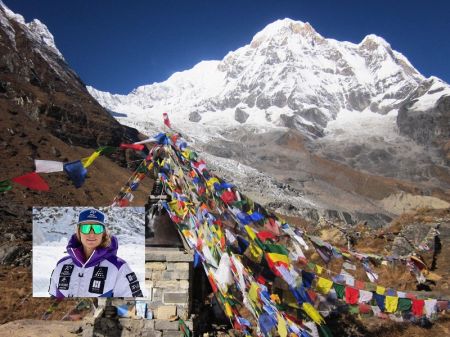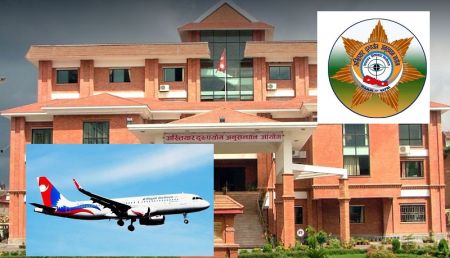 OYO is one of the largest global largest hospitality companies. It was started in 2012 as Oravel Stays which included the listing of budget hotels in India. After a research of few months, Oravel Stays pivoted to OYO in May 2013. OYO has been collaborating with budget hotels of India, Nepal, Malaysia and Indonesia As of the last month, the hotel chain has collaboration with more than 4,500 exclusive with over 75,000 romms in more than 150 cities in India, Malasiya and Nepal. OYO entered Nepal in 2017 and has more than 500 rooms in the country. New Business Age caught up with Ankit Gulati, head of operations for OYO in Delhi and Nishidh Halani, country head of OYO Nepal, and talked to them about OYO’s market and expansion plans in Nepal. Excerpts:
OYO is one of the largest global largest hospitality companies. It was started in 2012 as Oravel Stays which included the listing of budget hotels in India. After a research of few months, Oravel Stays pivoted to OYO in May 2013. OYO has been collaborating with budget hotels of India, Nepal, Malaysia and Indonesia As of the last month, the hotel chain has collaboration with more than 4,500 exclusive with over 75,000 romms in more than 150 cities in India, Malasiya and Nepal. OYO entered Nepal in 2017 and has more than 500 rooms in the country. New Business Age caught up with Ankit Gulati, head of operations for OYO in Delhi and Nishidh Halani, country head of OYO Nepal, and talked to them about OYO’s market and expansion plans in Nepal. Excerpts:
How has the OYO brand grown over the years after its establishment? How large is the network now?
Ankit: Started as a small venture, OYO has now grown to become a billion dollar company. Being a startup company, it took us two years to be on the scene and understand how we can work effectively to fill the gaps. The company is doing very well now. We are present in many countries. We are collaborating with new hotels every day. In 2018, our target is to reach 180,000 rooms across the world.
How is OYO Rooms different from other traditional hotel brands? How can people book hotels of OYO Rooms? What are the major features of OYO Rooms?
Ankit: OYO mostly hires millennials and this makes working with the chain quite a fun. Every member faces an equal challenge and has to significantly work to maintain the standards of OYO in terms of customer experience. We are in a market where 95 percent people stay in budget hotels. We cut down the whims and fancies that other hotel chains do. In OYO, the customers get a very nice room at Rs 1,500. Usually, the travellers spend only 40 percent time in hotels. They spend the rest of the time outside travelling for visits or for business. OYO understands this psychology of travellers and therefore is focusing on budget hotels.
OYO is completely driven by the technology. It has its own app and has a full-fledged tech team. People from other countries travelling to India or any other country where there is the presence of OYO may not be informed about the OYO Rooms. This problem has also been solved recently as we are now on popular travel websites including Makemytrip, Expedia, and Booking.com. This has been helping us to get business from across the globe.
Who are the targeted customers of OYO? What challenges has the company faced in its journey so far?
Ankit: Anyone who can pay Rs 1,000 to Rs 5,000 for a room and has a valid government ID is OYO’s potential customer. We have faced many challenges so far. The biggest challenge was to convince the hotel owners about the concept. A lot of hotel owners came to us, worrying about business after collaborating with OYO. We overcame this challenge by increasing their businessmanyfolds after collaboration with us. OYO in collaboration with multi hotel owners made more networks. We have increased business of those hotels by 1.8 to 2.5 times.
How does OYO ensure that its clients are receiving optimum hotel services?
Ankit: We have designed the OYO Townhouse which is our premium product. When we started OYO Rooms, the hotel owners were not willing to go ahead, serve the customers and ask them about their expectations. Every hotel that we have signed up has spent on average Rs 1,000,000 to Rs 1,500,000 for upgrading the hotels. We hire students from the best management colleges who have studied hotel management because these people understand the needs of customers. People coming from these colleges know what the guests expect. We have received the Customer Experience Innovator Award for 2017 in The Customer CX Award 2017. That is just because of customer experience.
How is the market for OYO in Nepal? What growth prospects do you see for your company here?
Nishidh: The market for OYO in Nepal is very well placed. We have been helping the hotels by increasing their revenue. Similarly, we have been helping the customers by providing them a predictable experience. We are committed to providing them a predictable experience.Predominantly, Nepal is a tourist market and the density of hotels is extremely high here. With OYO, it becomes absolutely easy for the customers to choose the right hotel for them. With 25 hotels and 500 rooms in the network, we arethe biggest hotel chain in Nepal.We are poised to grow further.





